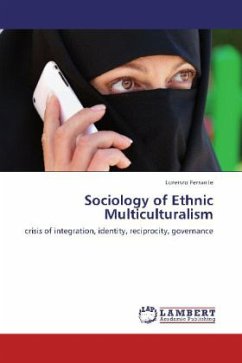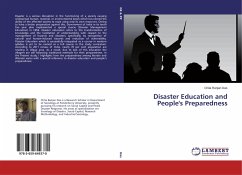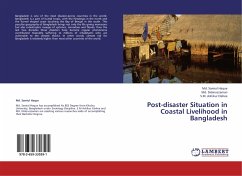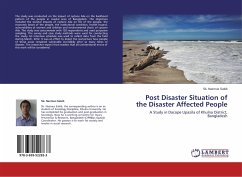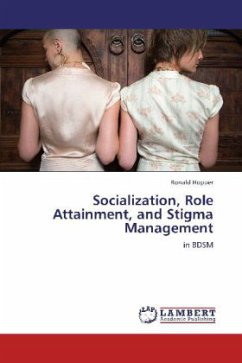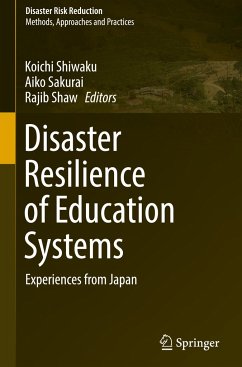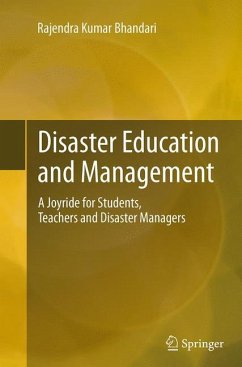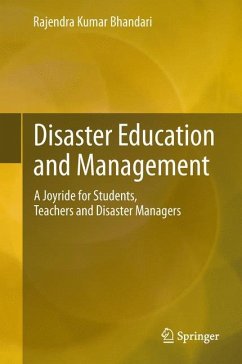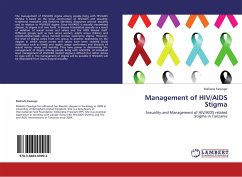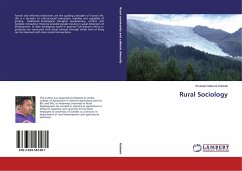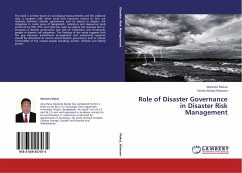
Role of Disaster Governance in Disaster Risk Management
Versandkostenfrei!
Versandfertig in 6-10 Tagen
47,99 €
inkl. MwSt.

PAYBACK Punkte
24 °P sammeln!
The book is written based on sociological measurements and the collected data is compare with other social and economic factors to find out relations between disaster governance and its impact in disaster risk mitigation in costal areas of Bangladesh. Indicators and measuring tools preferred by HFA, IPCC and GoB was used to explore the changes and or progress in disaster governance and role of institutions and community people in disaster risk mitigation. The findings of the study suggests that the gap between institutional arrangement and community response should be eliminated to ensure soun...
The book is written based on sociological measurements and the collected data is compare with other social and economic factors to find out relations between disaster governance and its impact in disaster risk mitigation in costal areas of Bangladesh. Indicators and measuring tools preferred by HFA, IPCC and GoB was used to explore the changes and or progress in disaster governance and role of institutions and community people in disaster risk mitigation. The findings of the study suggests that the gap between institutional arrangement and community response should be eliminated to ensure sound disaster governance and to reduce vulnerability of the coastal people including women, children and elderly person.



